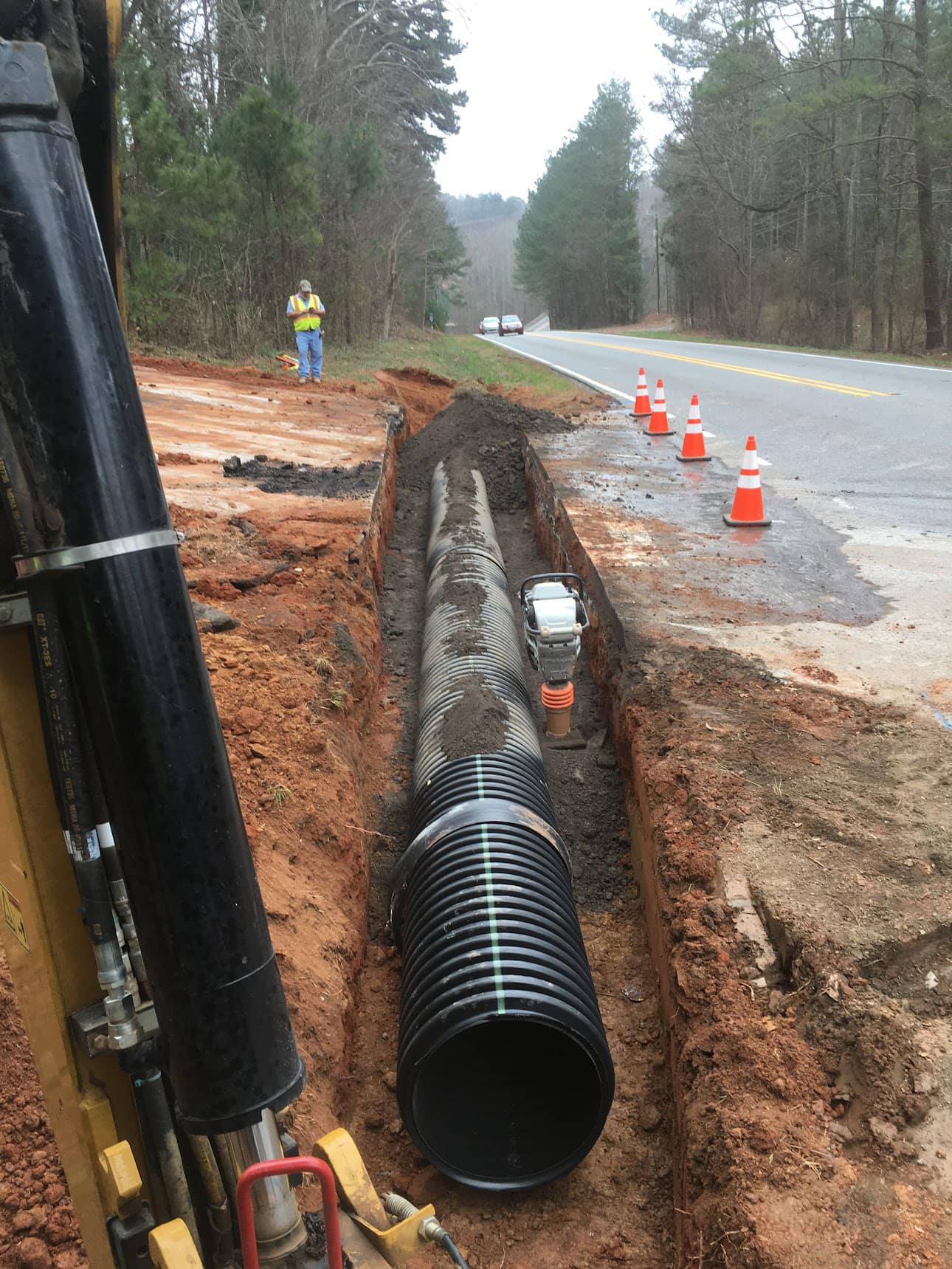
How Weather Changes Impact Your Septic and Plumbing Systems May 22, 2025
Weather shifts, particularly with changing seasons, bring about varying impacts. For instance, during the colder months, frozen ground can create substantial challenges for both septic and plumbing systems. When temperatures drop, the water in your pipes is at risk of freezing. Frozen pipes are not only inconvenient but can also lead to significant damage if they crack or burst. Preventative actions, like insulating exterior pipes and ensuring the temperature in your home remains consistent, can protect against these winter woes.
In contrast, hot and dry conditions present a different set of issues. The summer heat can cause the ground to become too dry and hard, affecting the septic drain fields. This lack of moisture impairs the seeping process, essential for a properly functioning septic system. Additionally, prolonged dryness can lead to soil compaction, which severely limits your septic system’s ability to filter waste effectively. To combat these effects, regular maintenance and inspections during these hot months can help detect and address issues before they escalate.
As we transition into seasons of heavy rain, homeowners often face the risk of flooding. Excess moisture in the soil surrounding a septic system can cause the tank to become overloaded, leading to backups and potential overflows. Heavy rains can also cause sewer lines to clog and block, making it crucial to have them inspected and cleaned regularly. Installing backwater valves and sump pumps can offer additional protection by helping to manage excessive water levels.
Windy conditions, less commonly discussed, can indirectly impact plumbing and septic systems by damaging trees. Falling branches or uprooted trees can damage pipes buried beneath the ground. Regular trimming of trees near plumbing lines and septic tanks is a simple yet effective way to mitigate this risk.
Moreover, the changes in atmospheric pressure associated with different weather patterns can impact your plumbing. For example, during storm systems, the pressure inside your home’s plumbing can fluctuate, affecting water flow and sometimes leading to minor leaks or reduced performance. Vigilance and routine checks of fittings and fixtures can help alleviate these issues.
Living in an area with dynamic weather can be challenging, but it also presents an opportunity for proactive management of your septic and plumbing systems. Scheduling regular maintenance with experts like those at Milford Septic and Plumbing is an invaluable step. We can identify potential issues before they become problems, advising on the best course of action tailored to the specific weather challenges in your region.
In conclusion, understanding the impacts of weather changes on your septic and plumbing systems allows for better preparedness and response. By taking preemptive measures and conducting regular maintenance, you can protect both your home and your budget from weather-induced damages. Trust Milford Septic and Plumbing to guide and support you through all your septic and plumbing needs, ensuring your systems remain in top condition, no matter what the weather brings.
/filters:no_upscale()/media/82803120-f276-4bc6-9d1e-b8052b3d555f.png)
/filters:no_upscale()/filters:format(webp)/media/43549857-b606-4eed-ae2a-11af7a7de188.jpeg)